Every year, World Oceans Day serves as a global reminder of the critical role oceans play in our lives and the urgent need to protect and preserve them. As part of this recognition, sustainability has become a pivotal theme, especially concerning our planet's beaches. In this context, the recent accolade bestowed upon India’s Radhanagar Beach, nestled in the picturesque Andaman & Nicobar Islands, is not just a recognition of its natural beauty but also a testament to its sustainable practices.
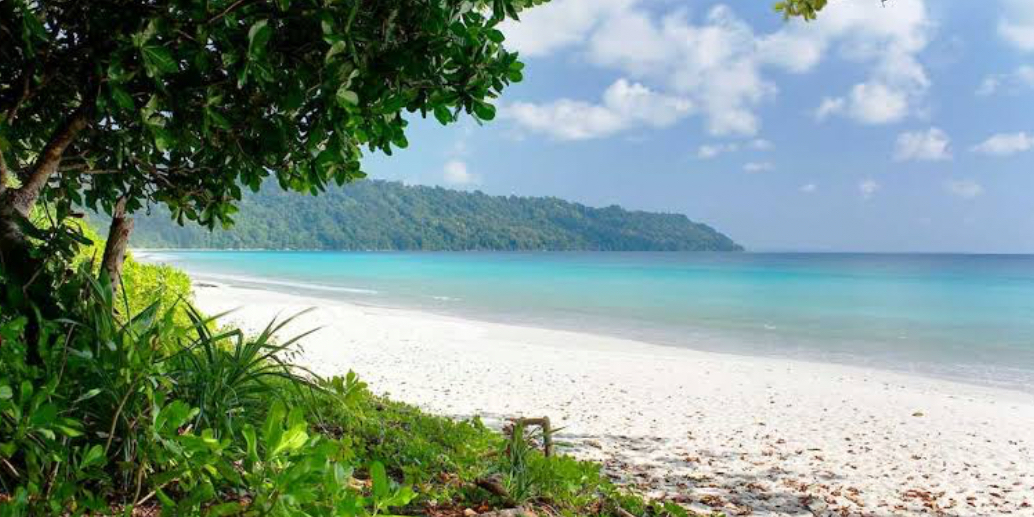
Tripadvisor’s annual ranking of the world’s best beaches took a significant turn this year by including a category specifically focused on sustainable beaches. This move underscores a growing trend among travelers who prioritize destinations that are environmentally conscious and committed to preserving natural resources. Radhanagar Beach’s elevation to the second spot in this prestigious ranking attests to its efforts in marrying tourism with sustainability.
Radhanagar Beach: A Jewel of Sustainability
Radhanagar Beach, often referred to as Beach No. 7, is a gem cherished not only for its pristine sands and azure waters but also for its commitment to sustainable tourism practices. Its inclusion in Tripadvisor’s sustainable beaches ranking signifies a paradigm shift in how we perceive and appreciate travel destinations.
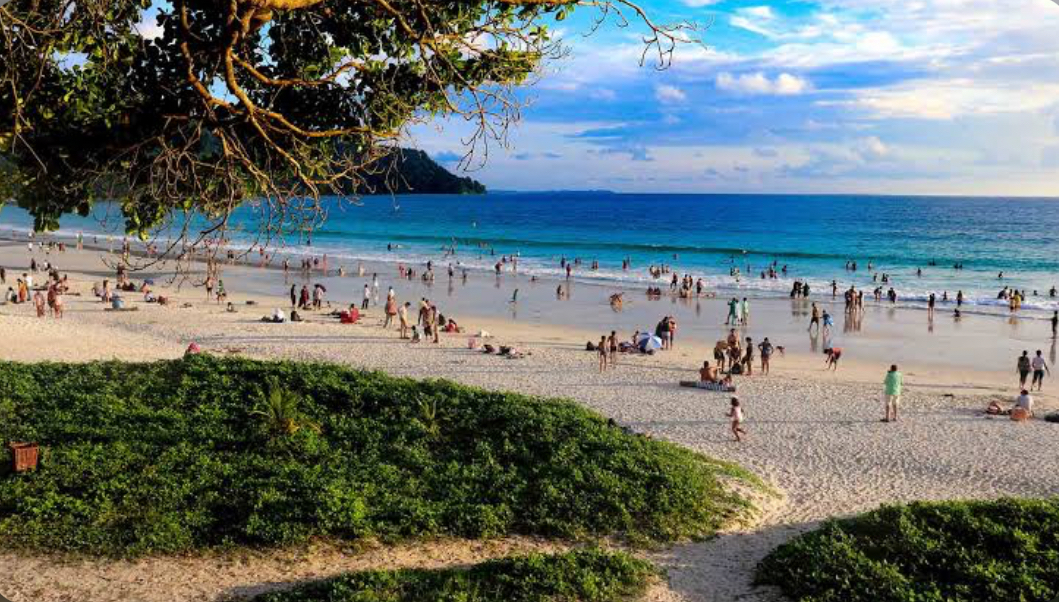
-
Waste Management and Cleanliness: One of the primary factors contributing to Radhanagar Beach’s high ranking is its effective waste management system. The beach has implemented rigorous waste segregation and recycling programs, significantly reducing the ecological footprint of tourism activities. Regular beach clean-ups organized by local authorities and volunteer groups ensure that the beach remains litter-free, protecting both the terrestrial and marine environments.
-
Conservation of Marine Life: Radhanagar Beach is also renowned for its robust ecosystem conservation strategy. The beach management has established protected zones to safeguard the nesting sites of endangered marine species such as sea turtles. These zones are off-limits to tourists during nesting seasons, ensuring minimal disturbance to the fragile ecosystems.
-
Renewable Energy Adoption: In line with global sustainable practices, Radhanagar Beach has embraced renewable energy solutions. Solar panels power many of the beach facilities, reducing reliance on fossil fuels and lowering carbon emissions. This initiative not only demonstrates environmental stewardship but also serves as an educational model for visitors about the benefits of clean energy.
-
Community Engagement: Community involvement is a cornerstone of Radhanagar Beach’s sustainability efforts. Local communities are actively engaged in the management and conservation processes. Educational programs and workshops are regularly conducted to raise awareness about the importance of sustainability and conservation. This participatory approach ensures that the benefits of tourism are equitably shared and that conservation efforts are supported by the local populace.
World Oceans Day and the Nexus of Sustainability
World Oceans Day, observed annually on June 8th, serves as a global platform to raise awareness about the importance of oceans and the challenges they face. This year's theme, "Life and Livelihoods," underscores the interconnectedness of ocean health and human well-being, highlighting the imperative of sustainable practices across industries.
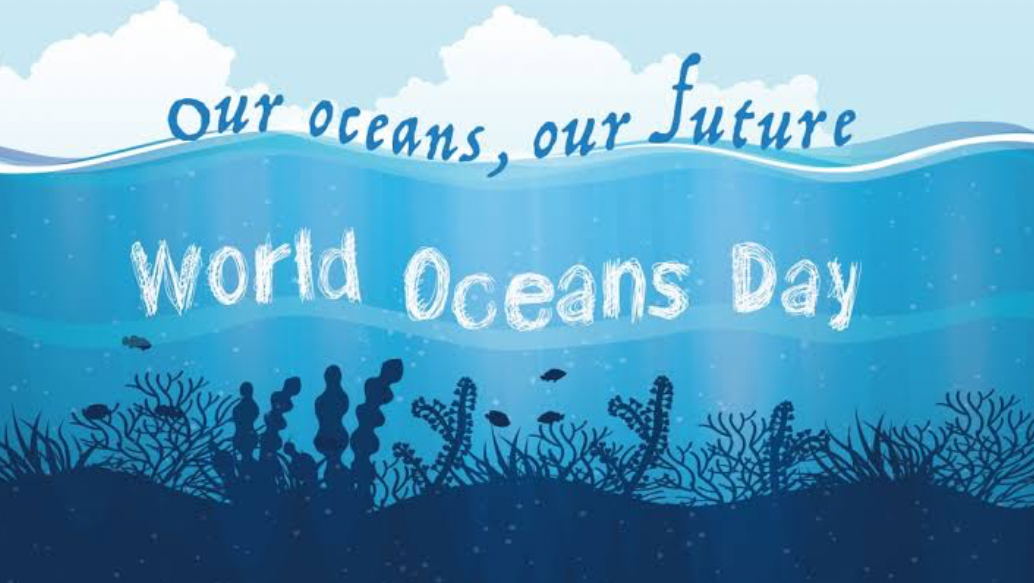
The correlation between World Oceans Day and sustainability is profound. It encourages individuals, communities, businesses, and governments to take proactive steps towards ocean conservation and sustainable resource management. From reducing plastic pollution to supporting marine protected areas, the collective efforts spurred by World Oceans Day contribute significantly to global sustainability goals.
Global Perspectives on Sustainable Beaches
While Radhanagar Beach shines as India’s second most sustainable beach, it’s crucial to explore global counterparts that epitomize sustainable beach management:
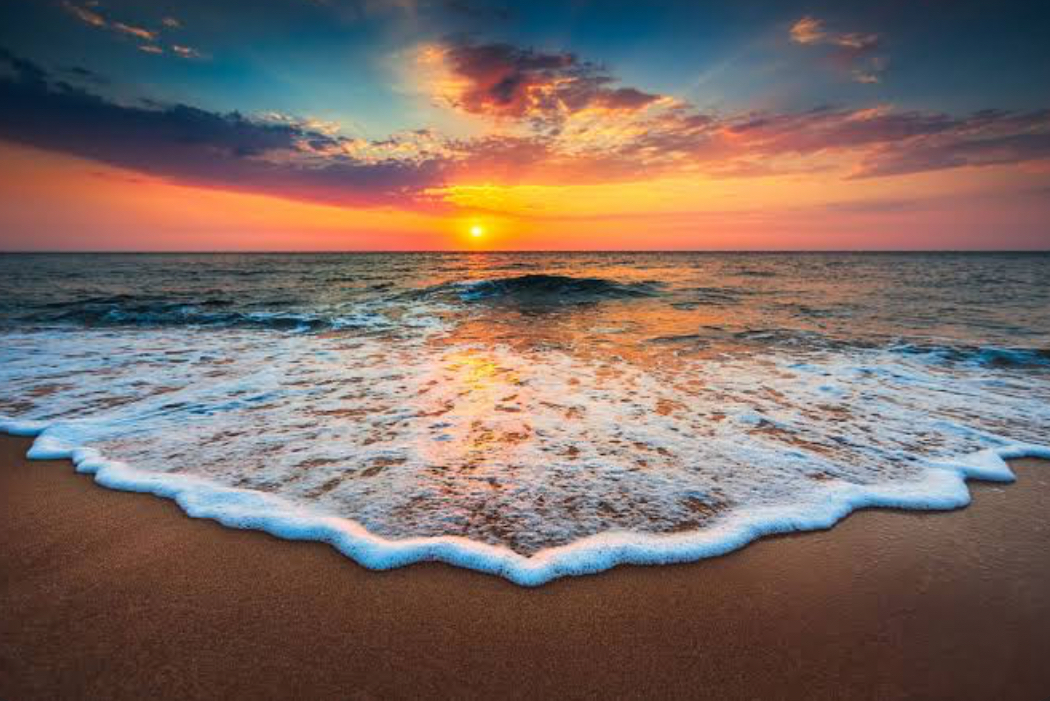
1.Sandbanks Beach, UK (1st in Sustainability): Renowned for its Blue Flag status and proactive measures in waste reduction and ecosystem conservation.
2.Corniche Beach, Abu Dhabi (3rd in Sustainability): A model for sustainable public beaches with efficient waste management and visitor education programs.
3.Mellieha Beach, Malta (4th in Sustainability): Exemplifies the integration of tourism and conservation, maintaining high standards of cleanliness and environmental stewardship.
4.Myrtos Beach, Greece (5th in Sustainability): Celebrated for its scenic beauty and concerted efforts in preserving marine biodiversity and coastal ecosystems.
Each of these beaches showcases a unique blend of natural splendor and sustainable practices, setting a benchmark for responsible tourism globally.
Technological Innovations in Ocean Conservation
In this era of rapid technological advancement, innovative solutions are emerging that can help reverse the damage inflicted on our oceans. From autonomous drones and AI to blockchain and even a Tinder-inspired fundraising app, a new wave of tech tools is transforming ocean conservation.
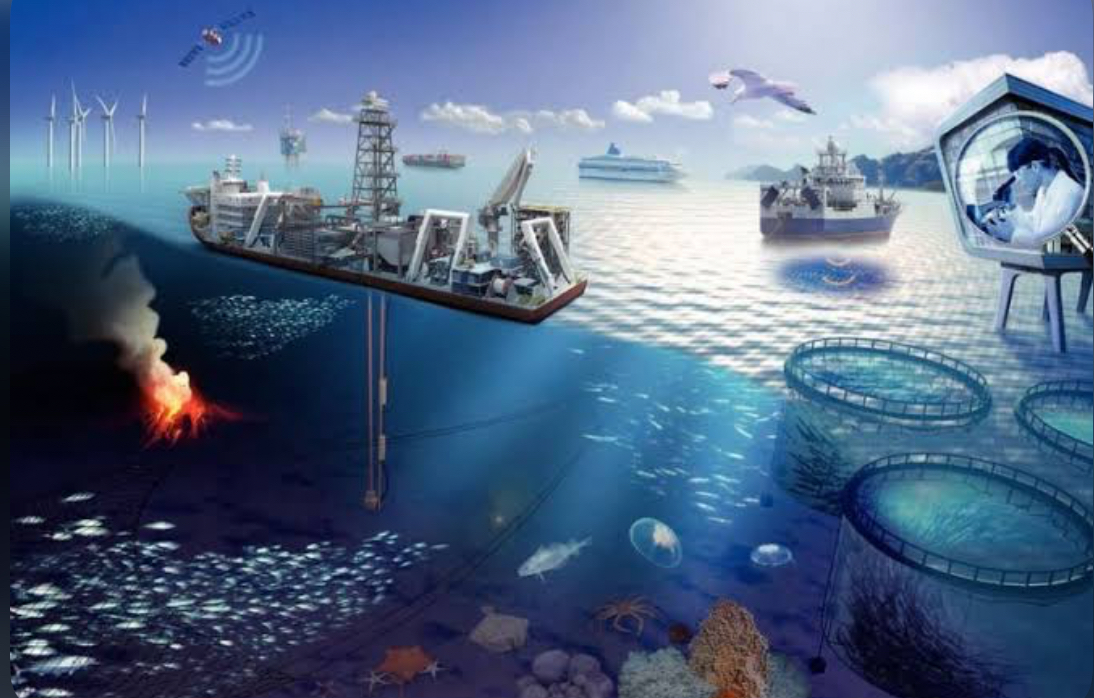
-
Underwater Satellites : German startup PlanBlue has built an “underwater satellite” called DiveRay that maps the seafloor. Equipped with high-resolution cameras and navigation sensors, DiveRay’s AI algorithms process data into interactive maps of coral reefs and seagrass meadows. Researchers use this technology to study underwater ecosystems' health and track restoration efforts like coral gardening.
-
Fighting Overfishing with Technology : ABALOBI, a Cape Town-based app and traceability platform, tackles overfishing while supporting local fishers. The platform includes apps that allow fishers to upload details of their daily catch to an encrypted database, ensuring only sustainably caught fish are recorded. A marketplace app then connects small-scale fishers to consumers, ensuring fair prices and supporting local livelihoods.
-
3D-Printed Reefs : Coastruction, a Rotterdam startup, uses 3D printing to create reef-like structures that restore damaged coral reefs. These structures mimic real reefs, providing habitats for marine life and protecting coastal cities from storms and erosion. Coastruction’s technology is being scaled up for use in ecotourism, port authorities, offshore wind farms, and governments.
Conclusion: Embracing Sustainable Travel
As we celebrate Radhanagar Beach’s accolade and World Oceans Day, it’s an opportune moment to reflect on the power of sustainable tourism. The recognition bestowed upon Radhanagar Beach underscores the growing synergy between travel experiences and environmental stewardship. It serves as a beacon, inspiring travelers, industry stakeholders, and policymakers worldwide to prioritize sustainability in all facets of tourism.
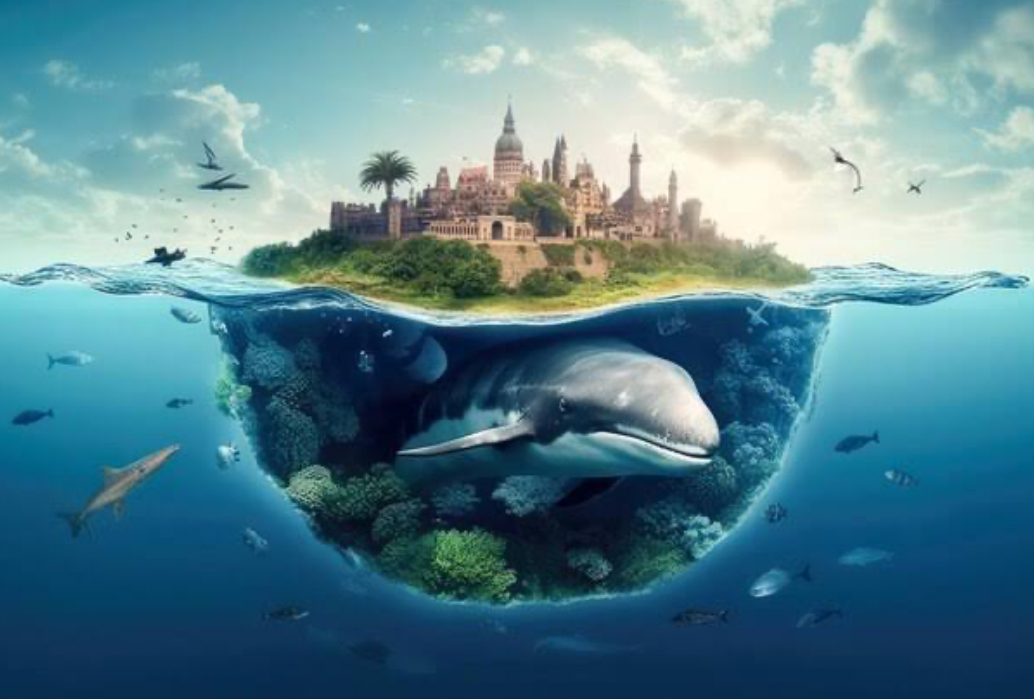
In essence, sustainable beaches like Radhanagar not only offer breathtaking vistas but also embody a harmonious relationship between humans and nature—a testament to our collective responsibility in safeguarding our planet's precious ecosystems for generations to come. By embracing sustainable travel, we can ensure that our oceans and beaches remain pristine, vibrant, and full of life for future generations to enjoy.
Image Source: Multiple Agencies
Inputs from Agencies
© Copyright 2024. All Rights Reserved Powered by Vygr Media.






















